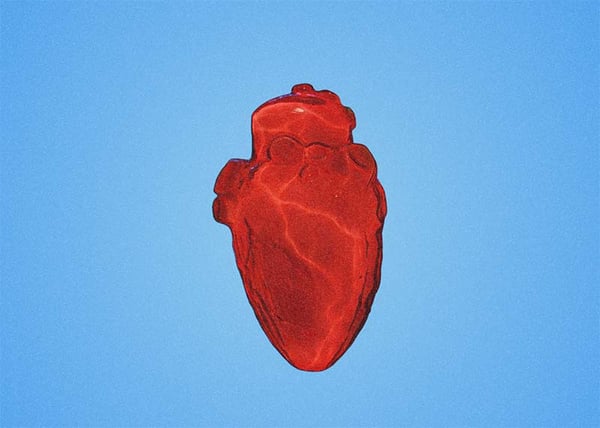Deciding which box the heart goes in


What happens to your soul after you die? That's a tough one, depending on what you believe. But what you have some say in is what happens to your body once you move… on. Organ donation can happen during life and after death. Naturally, in the latter case, if you've missed the deadline (pun absolutely intended), making that choice is gone, especially if you actually meant to help someone else.
In Latvia, only 1% of its 1.8 million population has made that choice. Sounds dramatic? It kind of is, considering how simple making that decision is set up for Latvians: just log into the e-health system with your digital ID and click a button – yes or no. That's all it takes to officially register your stance on posthumous organ donation. Of the roughly 22,000 Latvians who'd made any decision at all by the end of 2024, about half had said no.
Across Europe, most countries follow one of two models, either an ”opt-out” (presumed consent) and ”opt-in” (explicit consent). In Ireland, for instance, everyone over 18 is automatically considered a donor unless they say otherwise, while Latvia has it the other way.
Organ donation is a growing health priority in Europe, with demand for transplants rising faster than the supply of donors. For instance, the UK recently reported record high waiting lists, with the number of after-death transplants actually on the decline. The overall situation in Europe is especially dire for organs like hearts and lungs, where timing is critical. On average, people wait for an organ for about a year.
Public support for organ donation has been slow to progress. Yes, over 150,000 organ transplants were performed worldwide in 2022, which is a 52% jump since 2010, according to the Global Observatory on Donation and Transplantation. But even with that growth, transplants still meet less than 10% of global need.
The reasons holding people back pile up: a limited number of suitable donors, complex compatibility criteria, beliefs, and above all, a serious public awareness gap. Many people don't even realise they're supposed to decide. Others stay passive, reluctant to face death, or carry around persistent myths – like the idea that doctors will take organs anyway. In reality, no organ can be used without explicit consent.
So, how to cut those long lines? Some argue for the opt-out model: make everyone a donor unless they choose not to be. But it's not that simple. In Germany, which also considered this model, a 2024 research found that switching to presumed consent didn't actually increase after-death donations.
Still, there are signs of growing support (hope). Spain, which has been pushing for broader international cooperation to make transplants more accessible worldwide, led the world in 2024 with 52.6 donors per million people – the highest rate ever recorded. Its success comes down to strong national coordination and solid public support.
Similarly, in Denmark, which was among the least supportive countries in the 1990s, nearly 90% of its population backed organ donation in a 2016 study. The shift is largely credited to public awareness campaigns, better education, and simpler registration systems.
Then what's left is to work hard on that public awareness. First – just make the choice at all, in countries like Latvia; second – if you can, perhaps it's an emphatic choice to make. After all, you probably won't be taking your heart, liver and kidneys with you in a box, wherever the ‘on’ leads.
